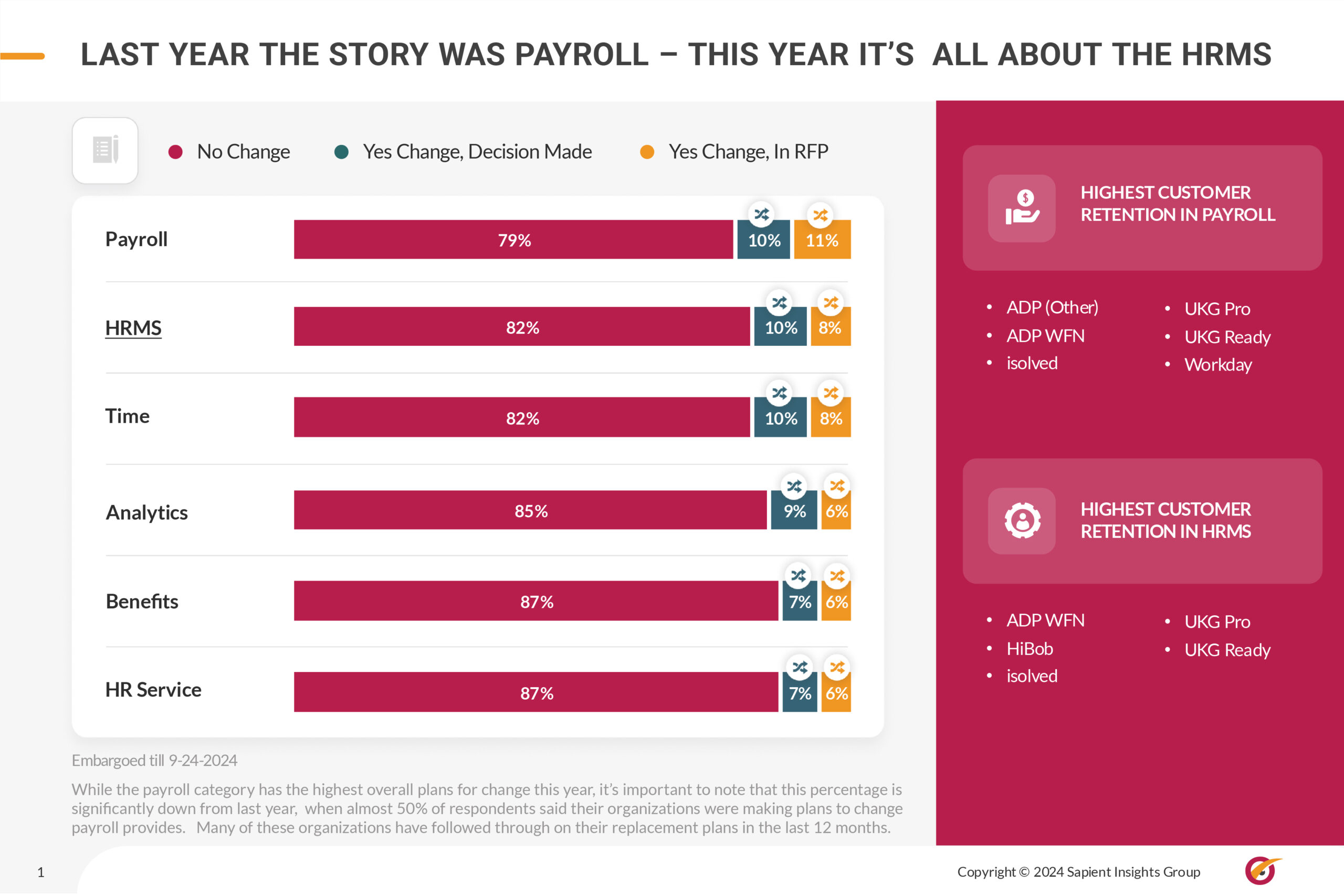Japan struggles to address work-life balance issues
- Josephine Tan
- Topics: Employee Experience, Health and Wellness, Home Page - News, Japan, News

Japan’s work-life balance has come under scrutiny as the latest government report on karōshi, also known as death from overwork, has unveiled concerning rates of sleep deprivation. This eighth report, compelled by the 2014 law on karōshi prevention measures, highlighted the alarming rates of sleep deprivation among self-employed individuals and corporate employees, raising concerns about the implications for employees’ health and productivity.
The report underscored a critical link between inadequate sleep and various health issues. When the gap between desired and actual sleep exceeds two hours daily, it contributes to problems such as daytime sleepiness, reduced concentration, digestive and intestinal disorders, and more severe conditions like depression and anxiety.
Over 90% of the 100,000 individuals surveyed expressed the need for at least six hours of sleep per night. However, only around half of the respondents reported achieving this target. Furthermore, about 78% of those working 60 hours or more per week reported insufficient sleep, compared to 56% of those working fewer than 20 hours, 64.5% of those with 20 to 40 hours, and 71.1% of those working between 40 and 60 hours.
READ MORE: Number of women working in Japan hits record high
Additionally, 45% of the respondents believed they needed seven to eight hours of sleep but only 35.5% achieved it, and 10% of them slept less than five hours. Sleep deprivation is linked to mental health issues, the report stressed, and the larger gap between ideal and actual sleep hours corresponds with higher levels of depression among employees.
Officials from the health ministry have urged employers to ensure employees get adequate sleep by implementing measures such as setting minimum rest intervals between shifts. While organisations are encouraged to adopt a “work interval system” under the law, it lacks legal binding and specific hours, reported The Japan Times.






